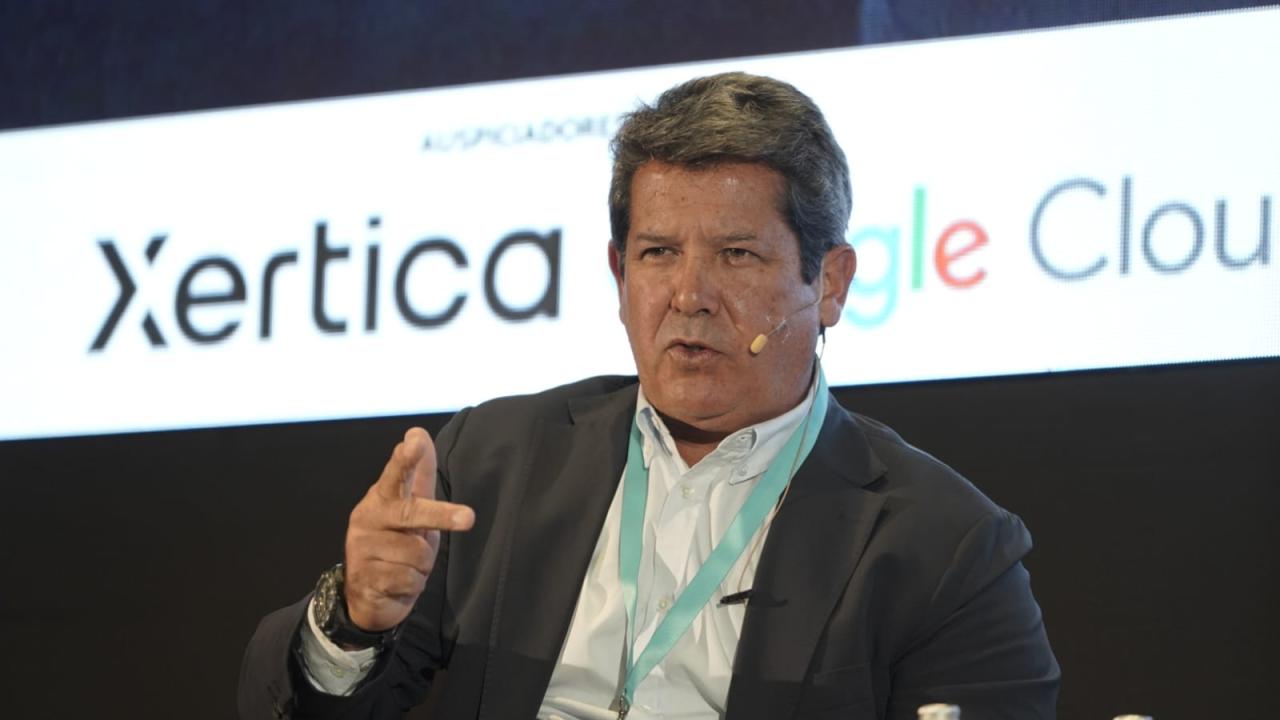
The BCP CEO highlighted the need to rethink the role of financial institutions in a post-pandemic world, focusing on financial inclusion, support for micro businesses, and empathy through initiatives such as the Yape digital wallet.
“Sustainability is at the highest level of business and strategy,” said Diego Cavero, CEO of Banco de Crédito del Perú (BCP).
At the 'PERU CEOS & LEADERS SUSTAINABLE COMPANIES SUMMIT 2024' event organized by Dorado Investments, Cavero said that as a result of the pandemic, the bank reorganized its sustainability criteria to GSE (Government, social impact and environmental impact).
And during the crisis the social, economic and development fracture was highlighted even more. For this reason, the new framework poses for Cavero the basic question for companies seeking sustainability today: How do we impact sustainably from the business we do?
“Financial inclusion [through Yape], support for SMEs, and with empathy [scholarships and volunteering],” the BCP CEO responded in his case.
The digital wallet that facilitates P2P payment—especially for micro businesses—has included four million people in the financial system and in 2024 it seeks to reach six million.
This is how they claim to be a sustainable company, since they have a positive impact on society from MSEs and continue to build their commitment by ensuring instant payment using the mobile application. However, the BCP CEO emphasizes that this has only been possible thanks to the importance of having a strategy with a long-term vision.
As of today, the digital wallet has a total of 15 million Peruvian clients and they carry out four million transactions monthly. In detail, 10 million are active users, that is, they carry out more than 20 transactions per month.
It is worth remembering that the now super app expanded its operations to Bolivia last August.
Read more in: Raimundo Morales, CEO of Yape: “The neobank is included in this definition of [Yape's] superapp”
“After eight years of investment, Yape will be profitable this year,” said Diego Cavero.
However, Peru has been growing 3% since 2014, so the CEO maintained that if we want to increase the number of people active in the financial system [when it has a direct relationship with GDP], facilities must be provided to create new businesses. and thus include new actors to be able to offer them opportunities.
“A country with 30% population poverty cannot speak of sustainability [since it includes human resources],” he stated.









